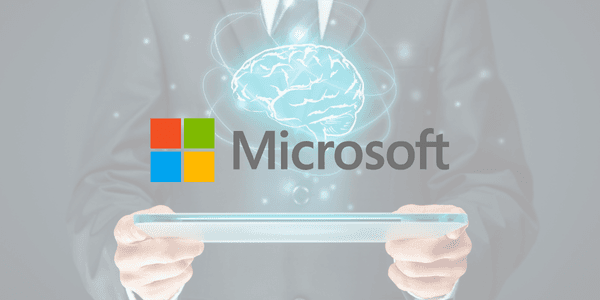An AI assistant that not only writes your software but also installs it, opens files, and helps you with your scheduling. That sounds like something out of the future, but Microsoft is making it a reality. During Build 2025, the company revealed how Windows is being transformed into a platform where intelligent AI agents can act independently. The impact extends beyond your desktop. It is a shift that compels companies to reevaluate their digital strategy.
Windows as an AI platform: the core of Microsoft's strategy
Microsoft's CEO Satya Nadella spoke during Build 2025 about the "middle innings" of a new platform era. Just as the advent of cloud and mobile transformed the landscape, the foundation of the internet is now also changing. Central to this transformation is the 'agentic web' vision: an open ecosystem where AI agents autonomously perform tasks based on context and purpose.
To facilitate this, Microsoft is integrating the Model Context Protocol (MCP) directly into Windows. This technology, developed by Anthropic, enables AI agents to communicate deeply with the operating system, provided they have user approval. Agents like GitHub Copilot are thus empowered to install software, modify settings, and control applications.
Impact on businesses: from innovation to efficiency
According to research by PYMNTS, nearly two-thirds of product developers are already using generative AI to innovate. More than a third are gathering feedback on products with it. Microsoft's announcements mean that these applications will soon run directly within Windows, without additional layers.
For companies, this means:
Acceleration of AI adoption at the desktop level.
More control over data by running AI locally through the new Foundry Local.
Far-reaching personalization thanks to Copilot Tuning, which aligns AI with legal language, financial knowledge, or sector-specific processes.
Solutions for developers and organizations
Foundry Local is Microsoft's new technology that allows AI to function directly on the device, without an internet connection. This improves speed and privacy. Together with MCP, it offers developers a powerful combination to build software that anticipates the user.
Additionally, Microsoft is introducing NLWeb, an open standard that allows any website to be transformed into an 'agentic' environment. This means that AI can now independently browse websites, book services, and make payments. Companies like Tripadvisor are already implementing it.
Organizations that respond to these developments can operate faster and smarter. AI is no longer a separate tool, but an integrated colleague. The question is not whether you will adapt, but when.

